TB-500, also known as Thymosin Beta-4, is a synthetic peptide that has gained attention for its potential therapeutic properties in regenerative medicine and tissue repair. It is part of a class of compounds known as thymosins, which are naturally occurring peptides found in various tissues in the body. TB-500 is not approved as a medication for human use but has been researched for its potential applications. Here’s a general description of TB-500:
Name: TB-500 (Thymosin Beta-4)
Usage: TB-500 is primarily investigated in scientific research and clinical studies to explore its potential for tissue repair, regeneration, and the treatment of various injuries and medical conditions. It is not approved for general use in humans and should only be used under the guidance and supervision of qualified medical professionals and researchers.
Mechanism of Action: TB-500 is believed to promote tissue repair and regeneration by influencing processes related to cell migration, inflammation, and cell differentiation. It has shown promise in studies involving tissue injuries, muscle healing, and cardiovascular health.
Dosage and Administration: The dosages and administration of TB-500 can vary depending on the specific research or clinical application. It is typically administered via subcutaneous or intramuscular injections. Researchers and clinicians determine the appropriate dosing and timing based on the study’s objectives and safety considerations.
Side Effects: TB-500 is generally considered safe with minimal side effects reported in clinical studies. However, it may cause mild side effects, such as localized injection site reactions or potential effects on blood clotting.
Precautions: Since TB-500 is not approved for human use, its administration should exclusively occur within the context of scientific research, clinical trials, or medical studies. Self-administration or use outside of these controlled settings is not advisable and may carry risks.
Conclusion: TB-500 is a synthetic peptide used for research and clinical purposes, primarily to investigate its potential for tissue repair and regeneration. It is not intended for general use or self-administration and should be administered under the supervision of qualified professionals within appropriate research or clinical settings. Researchers continue to explore its potential therapeutic applications, especially in the context of injuries and tissue damage.

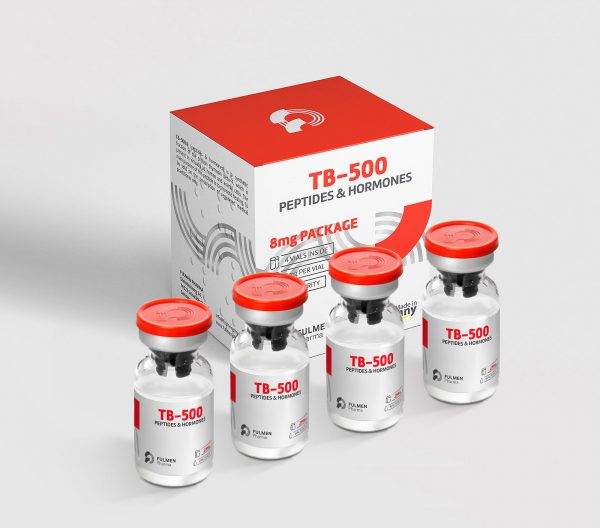
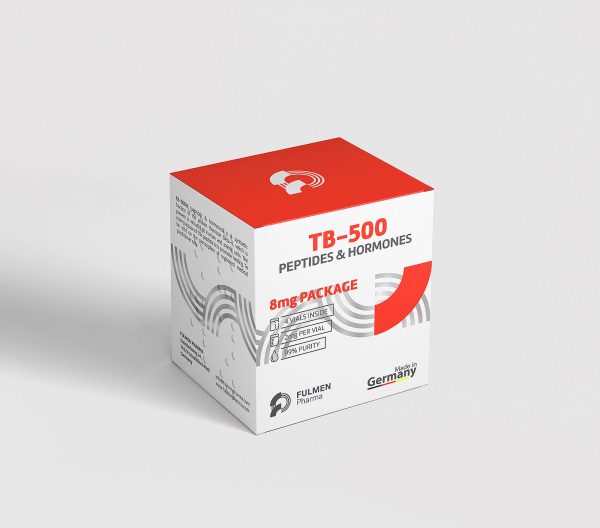
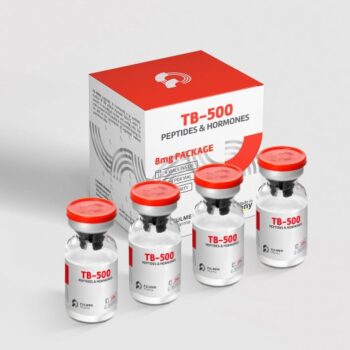
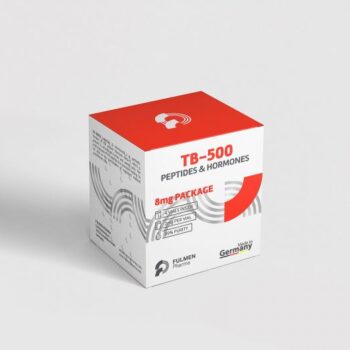
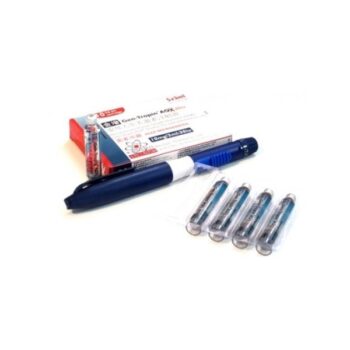
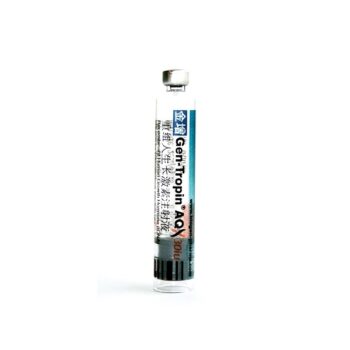
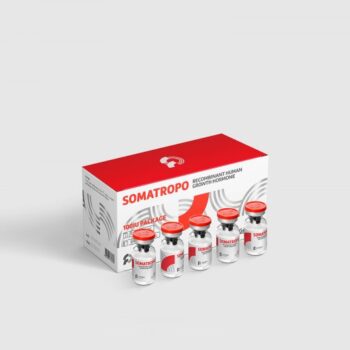
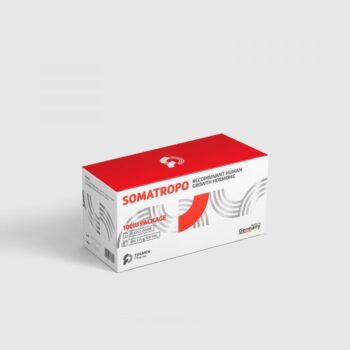
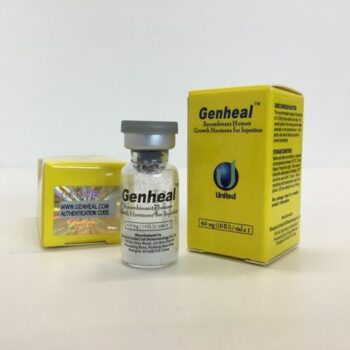
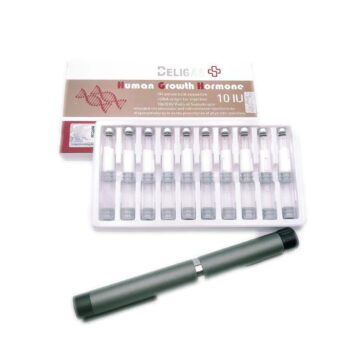
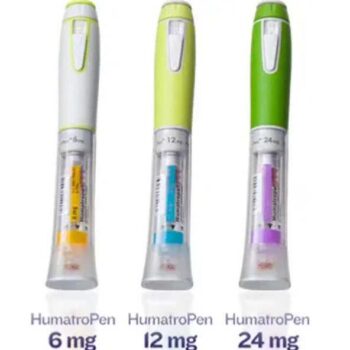
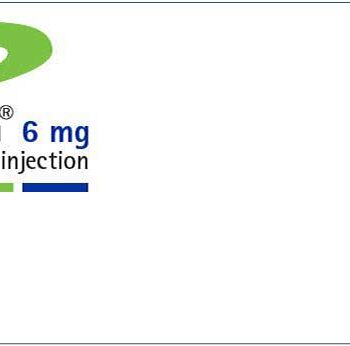
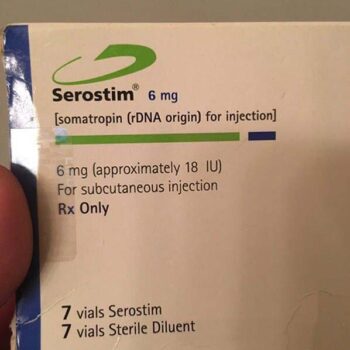
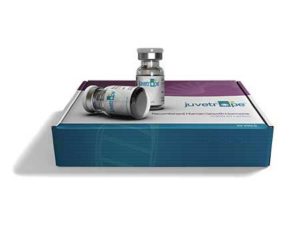


Reviews
There are no reviews yet.